As geopolitical Arctic competition intensifies amid climate change, rising commercial and military activity highlights the urgent need for a NATO Arctic defense strategy.Read more...


As geopolitical Arctic competition intensifies amid climate change, rising commercial and military activity highlights the urgent need for a NATO Arctic defense strategy.Read more...

Undersea data cables carry 99% of global data traffic but remain highly vulnerable to sabotage, espionage, and cyber threats. As China expands its control over this infrastructure, U.S. national security is at risk. Without stronger monitoring, intelligence sharing, and security frameworks, these weaknesses will continue to be exploited—threatening the integrity of global communications.Read more...
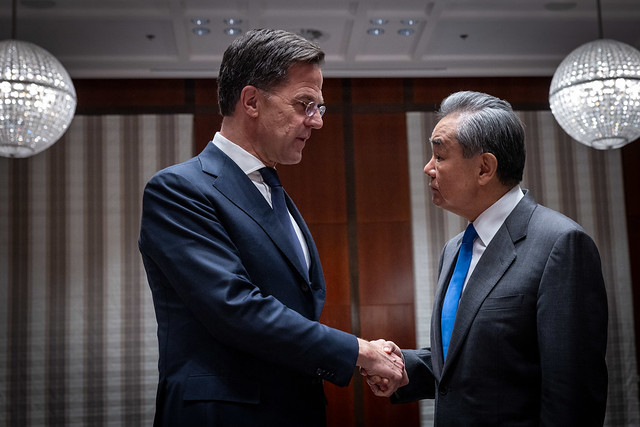
Donald Trump’s “iron-fist” approach to foreign policy is shaking the world order, but this stark contrast in U.S. foreign policy is not whipping world leaders into shape as he predicted. Instead, it is ushering in U.S. isolation in security and economic spheres, and encouraging greater Chinese relations with U.S. allies.Read more...

As the U.S. races to secure its leadership in AI, cybersecurity, and digital finance, it is simultaneously dismantling a key instrument of its global influence: USAID. More than a humanitarian agency, USAID has quietly shaped digital ecosystems and financial systems abroad to favor U.S. technology standards—an advantage that China is now poised to seize in its absence.Read more...
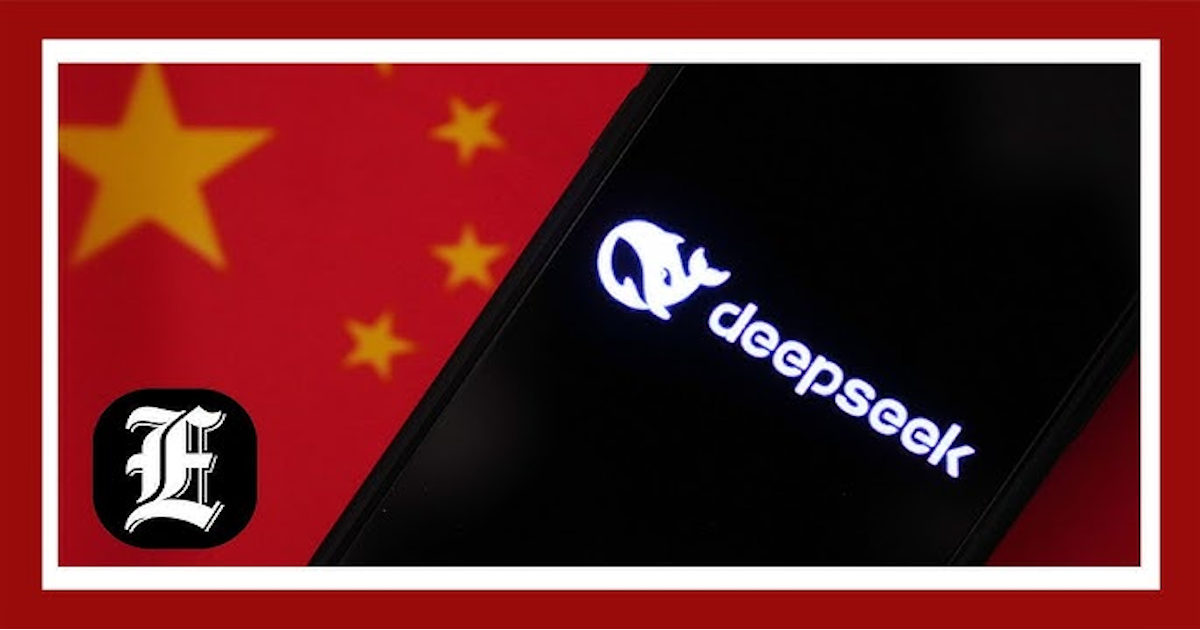
AI Imperative 2030's first Sentinel Brief on DeepSeek and the CCP received exclusive coverage from the Washington Examiner. Read more...

The Salt Typhoon incident is a sobering reminder of the risks posed by cyber-espionage campaigns, but it also presents an opportunity to reshape the telecommunications industry’s approach to cybersecurity.Read more...
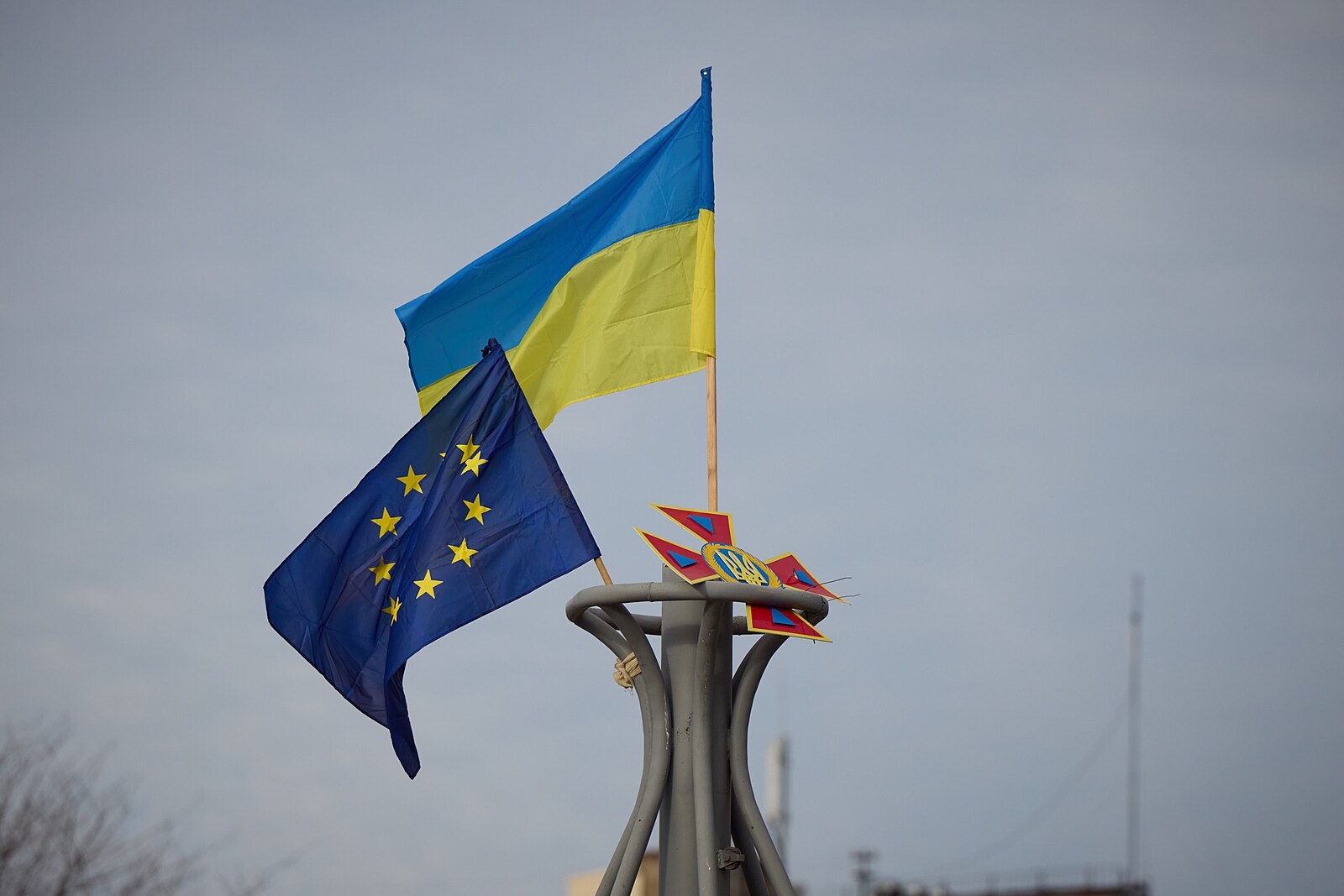
As the new Trump administration prepares to take office in January 2025, uncertainty about the president-elect’s stance on support for Ukraine looms large. European nations must urgently craft strategic policies to show that they are willing to stand behind Ukraine for the long haul, even if the U.S. is not. It can be done through aggregate efforts in economic, military, and informational domains. Read more...

On December 6th, ASP Board Member David Wade published an op-ed in The Hill analyzing U.S. AI competition with China, which recently unveiled its "DeepSeek" AI program.Read more...
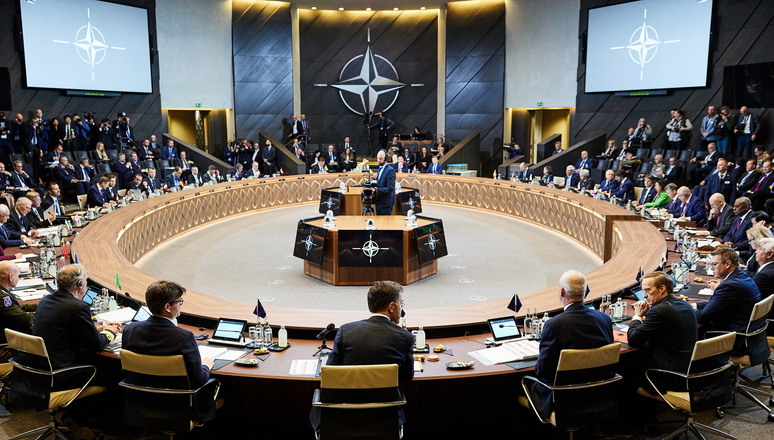
While its member states are taking their own steps to contain Russia in its war with Ukraine, NATO must pursue a multilayered overall approach to further inhibit the Russian war machine. In doing so, the alliance must take into account the differing political interests of its members, as well as all possible outcomes of the plan, including direct conflict with Russia.Read more...
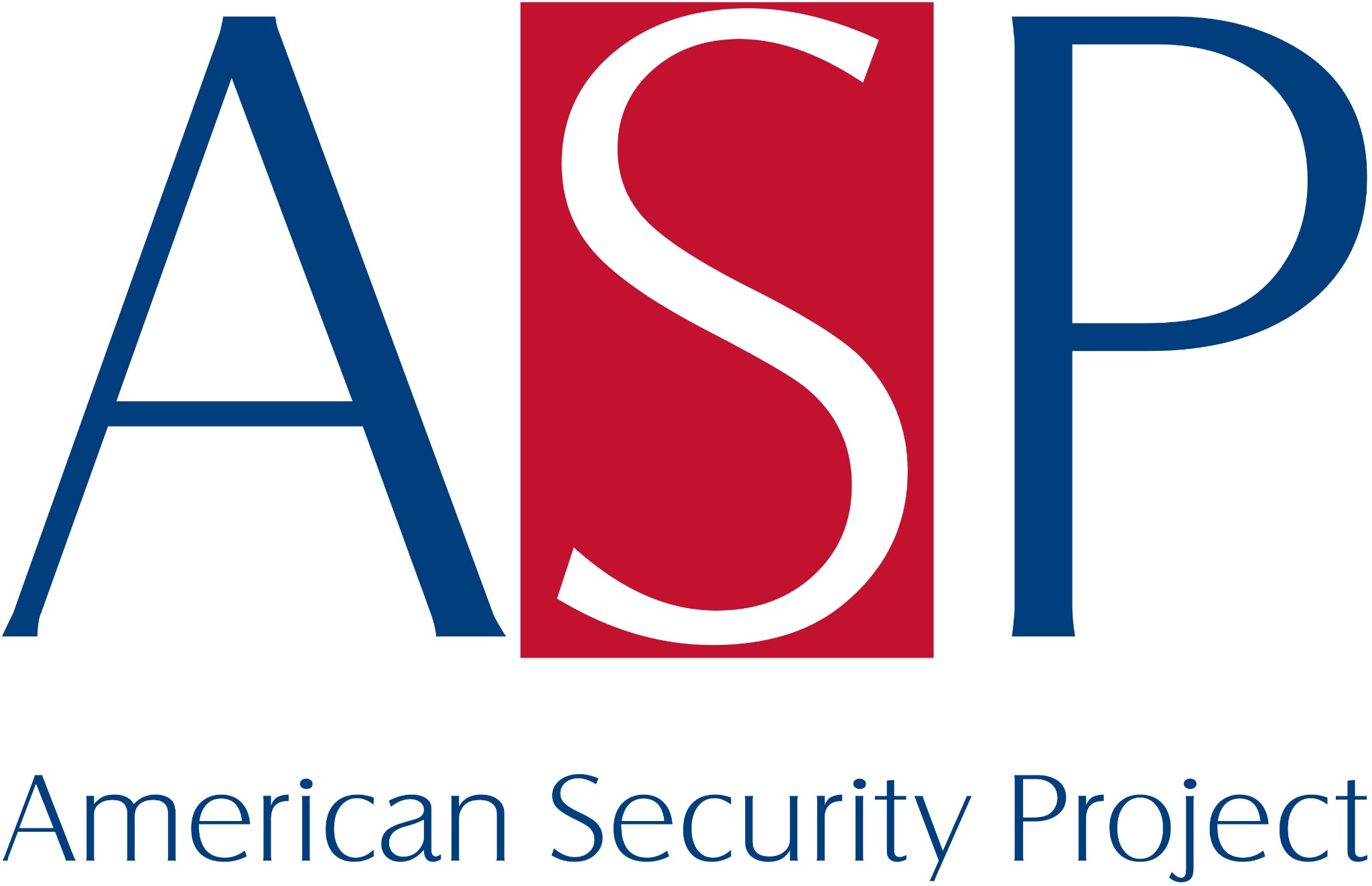
Starting this winter, “AI Imperative 2030,” a new initiative of the non-partisan national security think tank American Security Project, aims to inform and elevate vital public discourse on United States-China competition in artificial intelligence.Read more...
Notifications